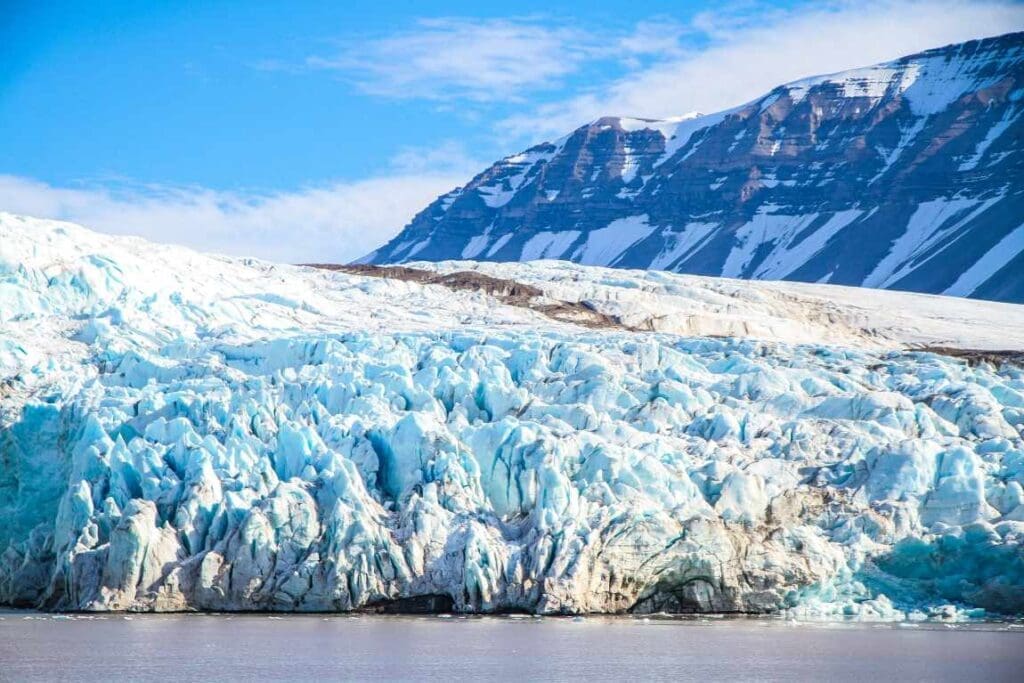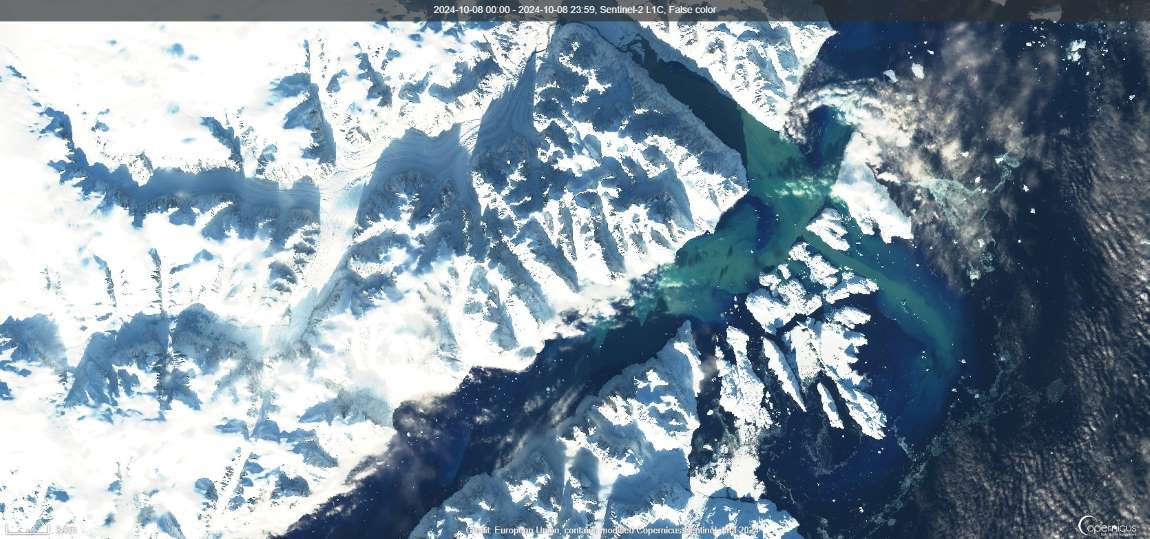The World Meteorological Organization (WMO) and UNESCO are spearheading a major international initiative to combat the alarming decline of glaciers worldwide. Dubbed the International Year of Glaciers’ Preservation 2025 (IYGP 2025), the program was established through a United Nations General Assembly resolution adopted in December 2022. As part of the initiative, March 21 will be recognized annually as the World Day for Glaciers, starting in 2025.
This ambitious undertaking aims to raise global awareness about the essential role glaciers, snow, and ice play in regulating the Earth’s climate and water systems. Moreover, it seeks to address the dire consequences of accelerating glacial melt, which has widespread implications for water resources, ecosystems, and communities reliant on glacier-fed systems.
Goals and Objectives
At the heart of IYGP 2025 is a concerted effort to galvanize global action and foster cooperation. The key objectives include:
- Mobilizing efforts to halt further glacial melting while preserving ecosystem functions.
- Promoting sustainable use of glacier-fed water resources.
- Enhancing scientific understanding and access to cryosphere data.
- Advocating for stronger policy frameworks and increased financial backing.
The initiative underscores the pressing need for international collaboration to protect glaciers, which are critical freshwater reserves and climate regulators for billions of people.

Glaciers serve as vital natural water reservoirs, supplying freshwater to approximately two billion people globally. They also play a pivotal role in balancing the climate by reflecting solar radiation and moderating temperatures. However, since the late 1800s, human-induced climate change has driven an unprecedented rate of glacier retreat, threatening these essential functions.
The rapid loss of glaciers has cascading effects. Reduced freshwater availability, destabilized ecosystems, and heightened risks of glacial lake outburst floods are just some of the challenges communities face. Mountain regions, often referred to as the “water towers” of the world, are particularly vulnerable to these changes, impacting downstream populations and ecosystems.
Through IYGP 2025, WMO and UNESCO aim to unify governments, researchers, and organizations in tackling this crisis. The initiative emphasizes knowledge sharing, advocacy, and actionable measures to preserve glaciers and their surrounding environments. By enhancing access to scientific data and fostering collaboration, it seeks to empower decision-makers with the tools needed to mitigate glacial melt and its consequences.
The newly designated World Day for Glaciers will serve as a global platform for raising awareness, sharing best practices, and highlighting the urgency of addressing cryospheric changes. By dedicating a day to this cause annually, WMO and UNESCO hope to embed glacier preservation as a key issue in global climate discourse.
As the international community prepares for 2025, the stakes could not be higher. Protecting the world’s glaciers is not merely an environmental concern but a critical step toward safeguarding water security, preserving ecosystems, and mitigating the far-reaching impacts of climate change.
Source: WMO
Featured image: Image of the glacial river flowing into the Scoresbysund fjord taken by the Sentinel satellite. Credit: European Union, Copernicus Sentinel-2 imagery (L1C)




